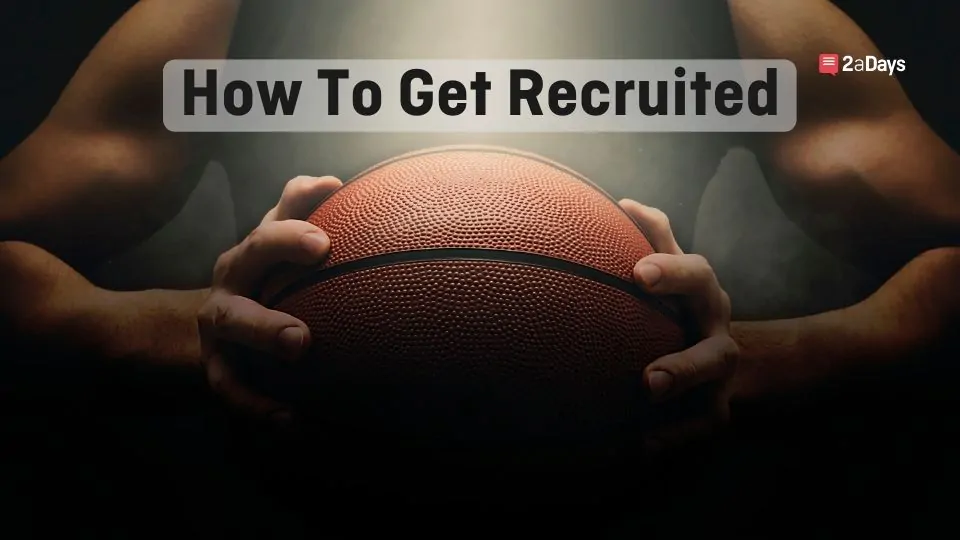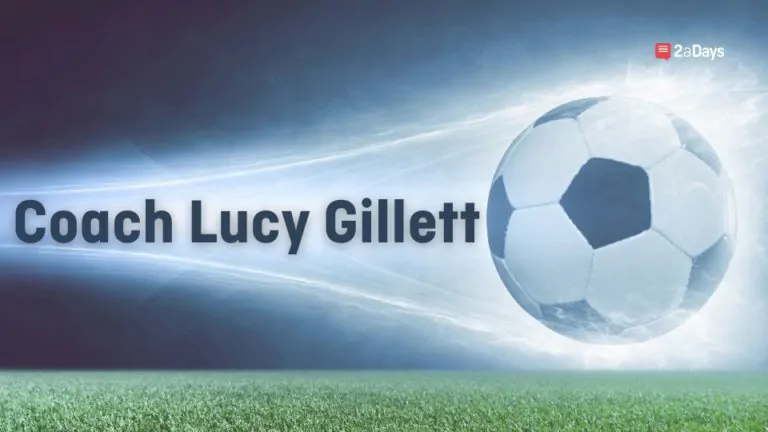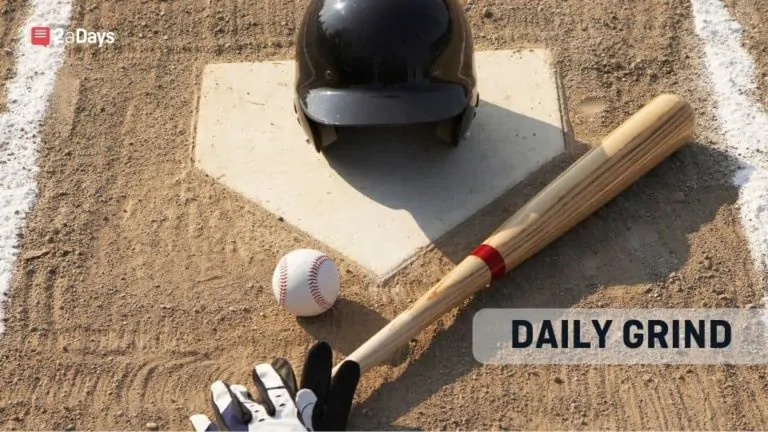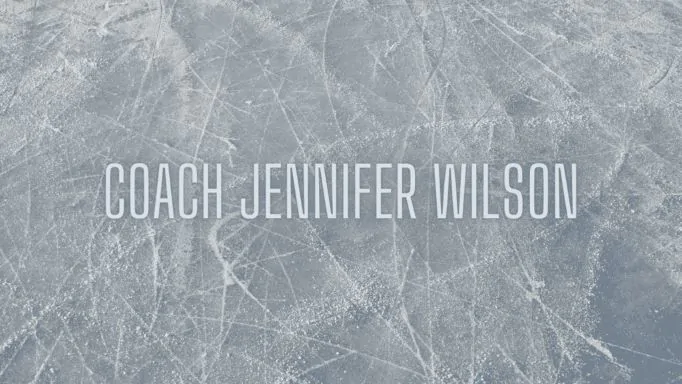Most kids who grow up playing basketball from a young age have some aspirations or dreams of playing Division I basketball or playing professionally. But given the number of high school athletes who are recruited to the college level, the chances are slim. More than 480,000 compete as NCAA athletes, and just a select few within each sport move on to compete at the professional or Olympic level. The NCAA stats show that 551,373 play at the high school level, 18,816 play in the NCAA, meaning the overall percentage of high school athletes who make it to the NCAA is 3.4 %.
But don't lose hope–this does not, in any way, mean that it is impossible to live your dream of becoming a college athlete. If you have dreams of playing college hoops and are willing to put in the work, you will increase your chances of being recruited by NCAA colleges.
The first important step, although obvious, is to become the best and most talented basketball player that you can be. In most cases, this means playing on your high school varsity team is not nearly enough. For many players, the key to improving their skills by competing at the highest level is playing in the Amateur Athletic Union. The AAU is an organization that focuses entirely on grooming and developing young, amateur athletes for high-level competition. Their basketball leagues, in particular, are famous for producing some of the best high school players in the nation who later go on to play at Division 1 NCAA universities.
Deshon Parker, a guard for James Madison University Men's Basketball, believes that “the best way to get recruited out of high school is to play on a good AAU team. A team that plays in tournaments that college coaches will be attending.” This applies to women as well. Destiny Washington, guard/forward for Florida Gulf Coast University shares that“AAU really helped me get recruited, and it was honestly the best experience any basketball player could have.”
One reason AAU is so helpful for building and expanding your skills as a player is the prestigious coaching it provides in its highest-level leagues. Top college prospects across the nation have accrued much of their success on the court to their coaching, both in high school and also the AAU. This is because players can start in this organization from a young age. The variety of coaching you are exposed to gives you different perspectives that you can carry with you as you move forward and mature into your true basketball style and play.
Related: How Club Sports Can Keep Your Athletics Career Going
Another crucial aspect of AAU is that it is helpful and for the most part, critical for the college recruiting process. As mentioned by Parker, many college coaches pay close attention to the most competitive leagues of the AAU in search of any prospects in high school or even younger. In some elite cases, such as with LaMelo Ball and Zion Williamson, AAU launched their names and highlights into the national spotlight, making them incredibly sought after by college coaches and recruiters. While this level of fame cannot be achieved by all AAU players, the organization itself has built up a reputation of producing players that perform well in college and beyond. Coaches and recruiters have long since caught on to this trend and now pay close attention to players in the most competitive leagues in hopes of getting the best possible young talent to play for their respective school.
Being a part of an AAU team not only will allow you to grow as a player in ways generally not possible if you limit yourself to a high school team but also grants you a significantly higher potential for exposure to coaches for recruiting purposes. This is especially true if you are a part of a team that performs well and advances deep into tournaments on a state and national level. Recruiters are more likely to be present at those games, so showing off your skill in person while they are in attendance is an almost surefire way to get noticed.
Besides playing AAU ball, basketball camps can be strategic investments for getting noticed by college recruiters. Camps are usually run by individual colleges that have a strong basketball program, at all levels. This is obviously helpful for recruiting because it can get you guaranteed exposure to that school's basketball coach and organization as a whole. Furthermore, it allows you to compete with other athletes at your skill level and hone in on your skills to improve as a player. Generally, camps can be incredibly effective for players who are talented but may not have achieved a high level of popularity as with top prospects, because it shows coaches you would be an asset to their college team when they otherwise likely would not have even heard about you. This exposure is not necessarily only for the coaches of the school that is hosting the camp, because many camps hire coaches from other schools to help out with running the camp due to high enrollment numbers. In addition to exposure and skill amplification, camps also provide you with networking opportunities with other athletes from high school or AAU teams. In some cases, this can lead to you moving to a better club or AAU team, or at the least being able to talk to older athletes about their recruiting experiences.
Even though basketball camps have the potential to be a unique opportunity for getting recruited to a college, they are undeniably expensive, and the cost is not a negligible factor when considering attending one. Therefore, if you are sure you want to attend a camp, you must make sure the college hosting it is one you are genuinely interested in playing for and is a team you actually have a chance of being a part of. If you are really a middle-level prospect hovering on the D1/D2 fringe for college, you cannot attend the Duke Basketball Camp and expect their recruiters to reach out to you afterward with certainty. If you are committing to investing your time and money in a camp, make sure it has a realistic chance of leading to a recruitment process being started with the hosting school or schools whose coaches are a part of the camp.
Related: Do ID Camps Increase Your Chances of Getting Recruited?
If you are a player who for any reason, cannot play AAU or attend a basketball camp, this does not at all mean you should lose hope or give up. Outside of elite prospects, the primary way many high school players end up getting recruited is by taking the initiative and reaching out to college coaches or recruiters themselves. Before you reach out, you need to make a high-quality highlight video showing off your skills that would be of use at a collegiate level. When making this video, it is not just important to have clips showing off your skills in games on the offensive and defensive ends; you need to make sure it is against good teams to prove you can continue to produce and execute those plays in competitive situations. It is best to have high definition video to make it easier for the coaches to see your tape, and sending a YouTube link is preferable to physical copies of your video. This is especially true if you can spread the video to people other than recruiters to get the view count up so that when recruiters do open the link, it has a high number of views and may compel them to continue watching all the way through.
After making your highlight video, you need to start emailing as many college coaches and recruiters as possible beginning junior year and on into the start of senior year. It should be a concise explanation of why you are interested in playing for their team and more importantly, why you would be a good fit on their roster and campus. Each email should be personalized for that specific college and coach; they are likely to stop reading quickly if it is a copy-pasted template where all you change is the name in each email. Other than your statement of interest and highlight video, you should include your basketball stats and an academic profile.
Yes, that's right – an academic profile is absolutely necessary when reaching out to coaches if you want to be recruited to their college. There are even academic requirements to be able to play in both the NAIA and the NCAA, including graduating high school with a 2.3 GPA (Division 1, 2.2 for Division 2), taking the required NCAA core classes, registering with the NCAA/NAIA eligibility center or Clearinghouse, and meeting the respective SAT or ACT score requirements. These requirements are flexible depending on your talent, as some coaches may be willing to take on top recruits who fall short of some of them, but if you are at the stage where you are emailing coaches for recruitment, you generally need to meet them to have a chance. Deshon Parker (Guard, JMU), emphasizes – “Have GPA, SAT/ACT scores on file and ready if a school does recruit you and wants to see how well you do academically.” There have been many situations in which a recruit ends up getting passed on due to poor academic performance that falls well below the standards for that university. It is important to make sure you are performing off the court as well if you are serious about playing at the next level.
Once you have both your academic and athletic profile as well as highlight tape ready, you should start reaching out to coaches and recruiters – the more, the better! You cannot expect all of them or even most of them to respond right away or at all, so it is important to be persistent and keep your head up. Keep reaching out even if nobody is getting back to you. This is truly your best chance of being able to play college basketball.
Related: Rate your Coaches, Facilities, and Campus Visits
Lastly, if the recruiting process is not panning out the way you had hoped and recruiters from schools you would actually go to are not getting back to you with offers, you should not be afraid to consider junior college as a serious option. Although this may seem like a situation in which your dreams of becoming a college player at a high-level, accredited NCAA university are over, this is not true by any means. Rather, it serves as an opportunity to play at a higher level than high school, take college classes to improve your GPA and academic profile and gain exposure for a possible transfer in a year or two. In fact, NBA superstar Jimmy Butler played a year at Tyler Junior College before transferring to Marquette University, an established college for men's basketball.
At the end of the day, there are a variety of ways a high school basketball player can get recruited to play for an NCAA or NAIA team. But this does not necessarily mean you should only pick a few of those methods and go for them. To have the best chance, you must take as many of those steps as you can in the early stages in your basketball career to build your athletic and academic profile. Join an AAU team. Attend basketball camps or showcases if you are financially able. Pay attention to your studies to meet and exceed requirements to be eligible for collegiate athletics. Make a highlight video. Reach out to as many coaches and recruiters as possible, expressing interest in their programs. Look into junior college as a backup. But most importantly, be disciplined and dedicated. The path to collegiate basketball is not easy, but having the right mindset, work ethic, and persistence will give you the best chance of getting to the next level.
Have an idea for a story or a question you need answered? Want to set up an interview with us? Email us at [email protected]
* Originally published on June 15, 2022, by Nikhil Patel







